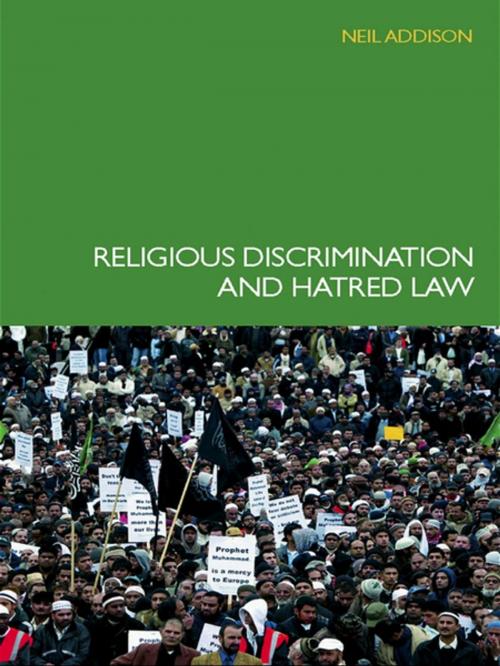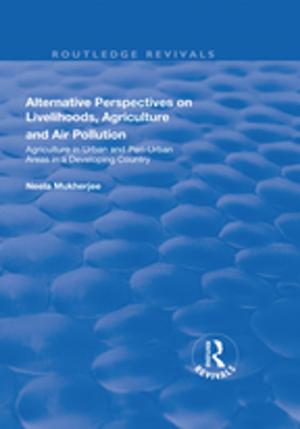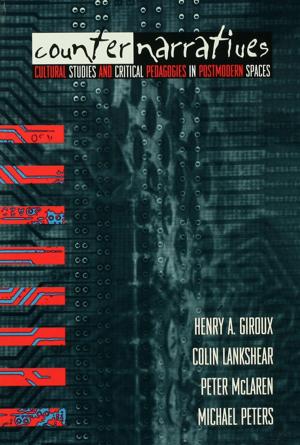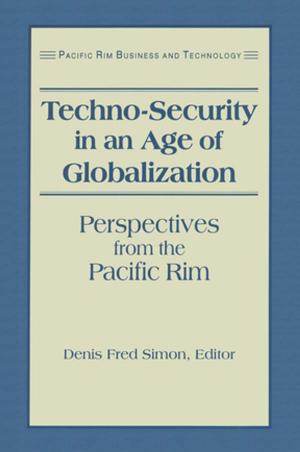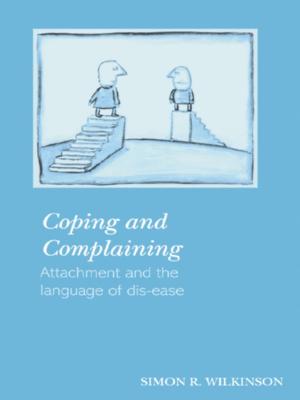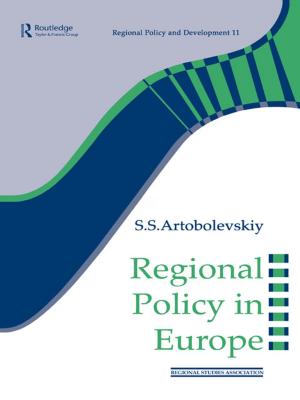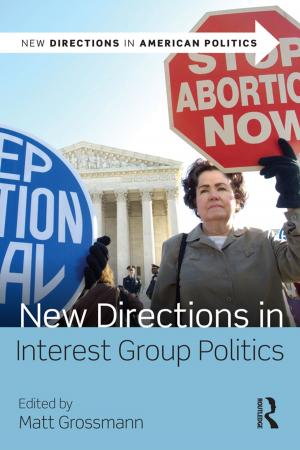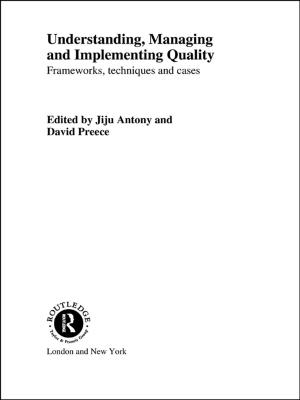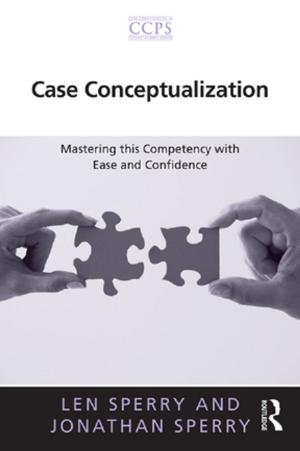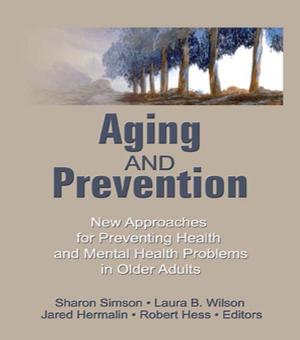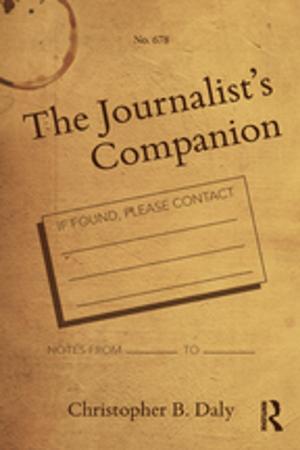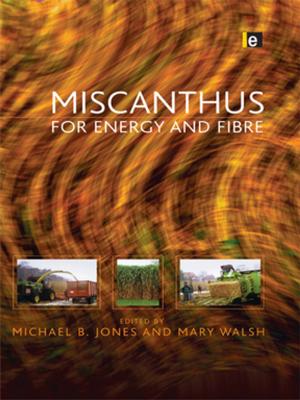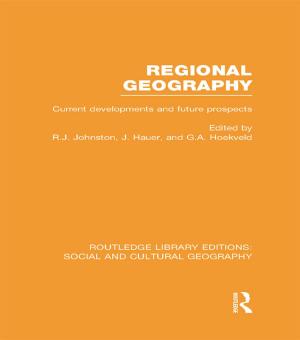Religious Discrimination and Hatred Law
Nonfiction, Reference & Language, Law, Criminal law, Social & Cultural Studies, Political Science| Author: | Neil Addison | ISBN: | 9781134110070 |
| Publisher: | Taylor and Francis | Publication: | March 12, 2007 |
| Imprint: | Routledge-Cavendish | Language: | English |
| Author: | Neil Addison |
| ISBN: | 9781134110070 |
| Publisher: | Taylor and Francis |
| Publication: | March 12, 2007 |
| Imprint: | Routledge-Cavendish |
| Language: | English |
Dealing with this new and controversial area, this is the first comprehensive guide to religious discrimination and hatred legislation. Written by a practising barrister, experienced in all courts and tribunals, this book uses many practical examples covering all forms of religious belief.
Exploring part two of the Equality Act and the Racial and Religious Hatred Act, Addison examines the fundamental differences between religion and race which make the operation of these new laws far more problematic than other racial laws. By looking at these new pieces of legislation, together with the existing Human Rights provisions of Article 9 of the European Convention on Human Rights, the 2003 Employment Discrimination Regulations and the 2001 Religiously Aggravated Offences, he is able to draw subtle comparisons and create a holistic overview of religion and the law.
Challenging some common but simplistic views on the nature of religion and its accommodation in the law, this book is an essential read for students and professionals interested in human rights law and law and religion.
Dealing with this new and controversial area, this is the first comprehensive guide to religious discrimination and hatred legislation. Written by a practising barrister, experienced in all courts and tribunals, this book uses many practical examples covering all forms of religious belief.
Exploring part two of the Equality Act and the Racial and Religious Hatred Act, Addison examines the fundamental differences between religion and race which make the operation of these new laws far more problematic than other racial laws. By looking at these new pieces of legislation, together with the existing Human Rights provisions of Article 9 of the European Convention on Human Rights, the 2003 Employment Discrimination Regulations and the 2001 Religiously Aggravated Offences, he is able to draw subtle comparisons and create a holistic overview of religion and the law.
Challenging some common but simplistic views on the nature of religion and its accommodation in the law, this book is an essential read for students and professionals interested in human rights law and law and religion.
